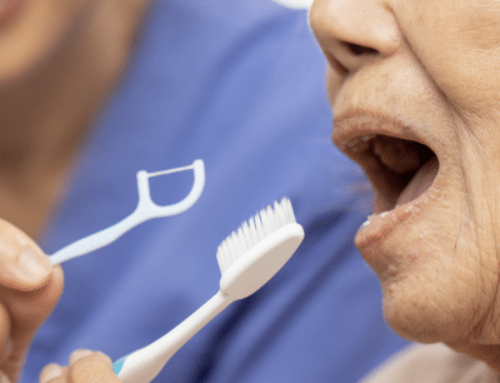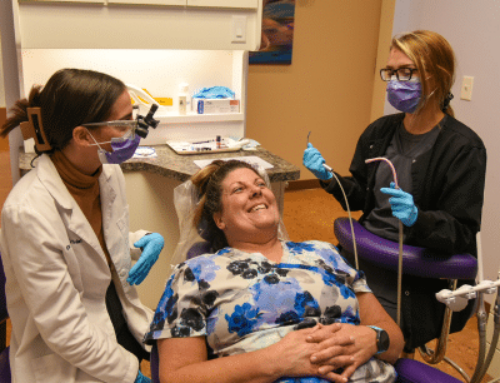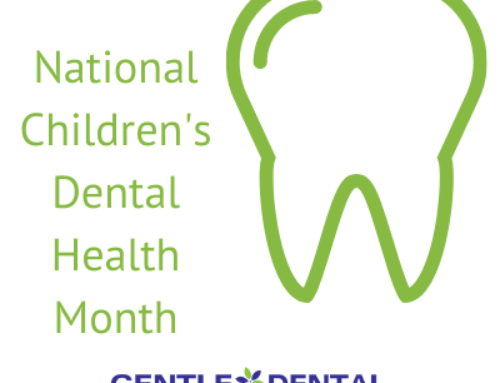
In addition to regularly flossing and brushing, getting checkups at the dentist twice a year and regularly scheduled cleanings, another key component of oral health is fluoride. Fluoride is a mineral that, when ingested or applied to tooth enamel, can prevent tooth decay and even help to repair it in the earliest stages. Fluoride can be applied directly to the enamel of the teeth in the form of toothpaste, mouthwash or fluoride treatments in your dentist’s office. Fluoride is also found in most municipal water supplies or it can be taken as a daily oral supplement.
If you are particularly susceptible to cavities or want extra protection for your teeth Gentle Dental Center wants you to know that using different types of fluoride treatments can help.
- When purchasing oral hygiene products, look for ones with added fluoride. These can include fluoride toothpaste, mouth rinses or gel products. These products are easily used at home and can keep your teeth healthy between dentist visits.
- Brush with fluoride toothpaste at least twice a day and make fluoride mouth rinse a part of your oral hygiene routine. These products are available over the counter but can be purchased in higher concentrations with a prescription from your dentist.
- If you drink bottled water instead of tap water, note that it usually does not contain the optimal level of fluoride. It is recommended that drinking water should contain 0.7 parts fluoride per million parts water. Change up your bottled water habit and make a point of drinking more tap water to increase your fluoride consumption.
- Ask your dentist for fluoride treatments. These professionally applied topical treatments include rinses, gels and foams with higher concentrations of fluoride than what you’d find over the counter. In addition, some dentists use other products like fluoride varnishes. These treatments typically take only a few minutes and can be done during your regular dental checkup.
Although fluoride treatments are always recommended for children, you may wonder if you still need them as an adult. The short answer is yes. Fluoride is extremely beneficial to people of all ages. Every day your teeth lose and regain minerals. While plaque destroys the minerals in your enamel, you can put minerals back into the enamel by eating and drinking foods containing fluoride, calcium and phosphates. However, you may not be getting enough fluoride to prevent tooth decay through your regular methods, which means extra intervention is necessary.
Certain things put adults even more at risk for tooth decay. These factors include dry mouth (certain medicines and illnesses can cause this), frequent snacking throughout the day (especially on sugary foods), or if you have gum disease or a history of cavities. In cases like these, fluoride treatment can be even more beneficial to you. If your dentist frequently notices tooth decay during your checkups, you may want to ask about fluoride treatment.
Scientists used to suggest that fluoride only helps to develop strong teeth in children, but new research suggests that fluoride treatments can effectively prevent cavities in tooth decay adults as well. If you are concerned about tooth decay or have questions about your need for fluoride treatments, ask us at your next appointment. To schedule your next cleaning and fluoride treatment, contact Gentle Dental Center at (757) 431-1300.





